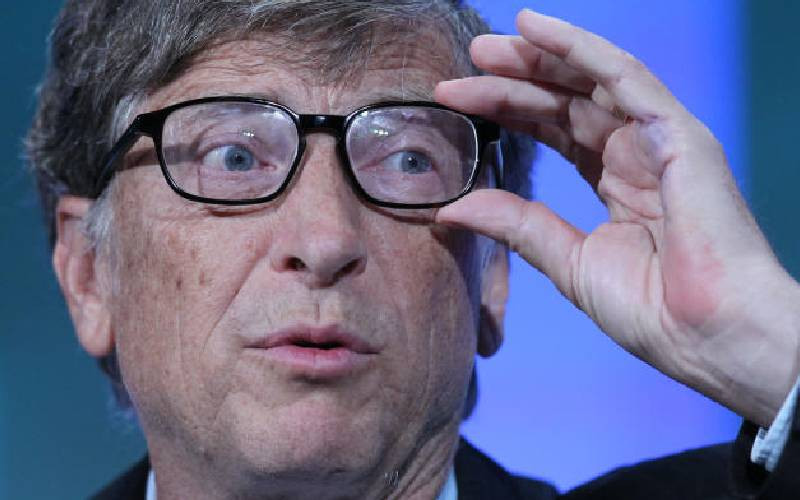×
The Standard e-Paper
Smart Minds Choose Us

There is a cringe video of billionaire Bill Gates sipping on a glass of water, which, just minutes before, he confesses, was human waste.
He gives his signature smile, a wry, knowing grin, and savours the taste as people clap in the background. "It's water," he says.